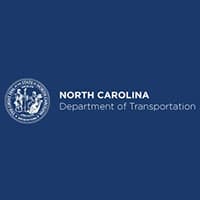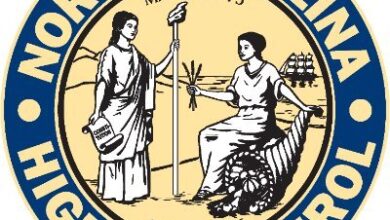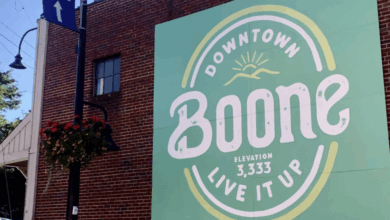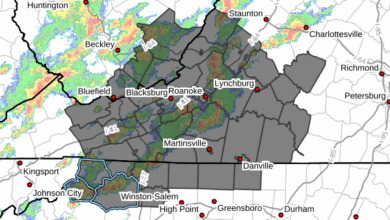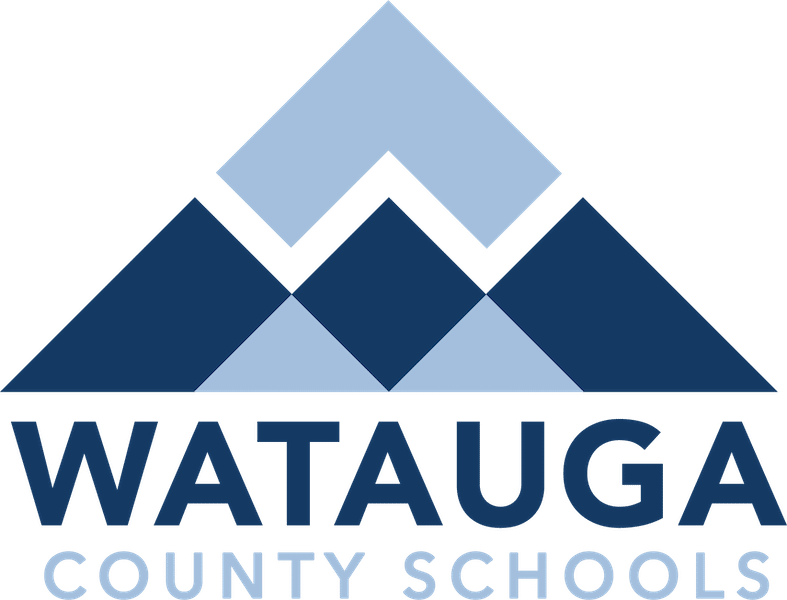Last Updated on May 21, 2019 10:51 am
“North Carolina has a thriving recycling industry that manufactures recyclable materials into new products, reduces greenhouse gases and stimulates the state’s economy,” said DEQ Secretary Michael Regan. “While changes in prices for recycling have highlighted the problem of contamination in our recycling and a need for strengthened domestic markets, DEQ is available to help.”
The state has developed a back-to-basics education approach to help communities inform their citizens to recycle only those items that recovery facilities can manage. Single-stream recycling programs that emphasize the collection of cans, bottles, cardboard and paper recover the highest tonnages most efficiently. However, when residents put non-recyclable items in their recycling cart, it causes contamination of the recycling mix. Educating residents about which items go into the recycling container is the most effective way to recover the most recyclable material and avoid contamination.
Prior to 2018, China accepted low-value classes of recyclables that domestic markets did not accept. Last January, China restricted the amount of lower quality recyclables that the country would import. Under the new policy, known as National Sword, Chinese markets no longer accept foreign bales of unprocessed plastics and mixed paper, and any processed paper and plastic bales must not exceed 0.5 percent contamination.
Material recovery facilities (MRFs), which sort out different categories of recyclables, are now focusing on improving material quality and selling to viable domestic markets. A challenge for MRFs has been high amounts of contamination, or non-recyclables, in the recycling mix; MRFs are not designed to separate trash from recycling. The more contaminants MRFs need to comb out, the costlier their operations.
“That’s how we can help,” said Wendy Worley, section chief of the DEQ’s Recycling and Materials Management Section in the Division of Environmental Assistance and Customer Service. “The recycling industry has gone through periods of flux before, but the markets have always rebounded. Now is the time to reinvigorate outreach efforts about recycling and focus on recovering the quality material that can be used in American markets.”
The state’s recycling program is actively working to promote better messaging to have residents correctly recycle items and support local markets to put those materials back into use.
“By focusing on recycling education and the expansion of local recycling markets, North Carolina is building a more resilient recycling industry that spurs local economic growth and conserves our natural resources,” added Worley.
Recyclers, manufacturers and paper mills rely on the glass, aluminum, steel, paper and plastic recovered from residential recycling programs. Last year, North Carolina residents recycled more than 1.5 million tons of material, supporting the 16,300 private sector jobs in the state’s 674 recycling businesses.
For more information, visit the Recycling Program’s website at: https://deq.nc.gov/conservation/recycling.








